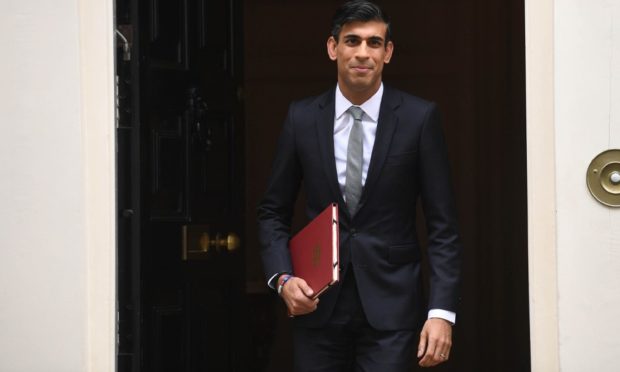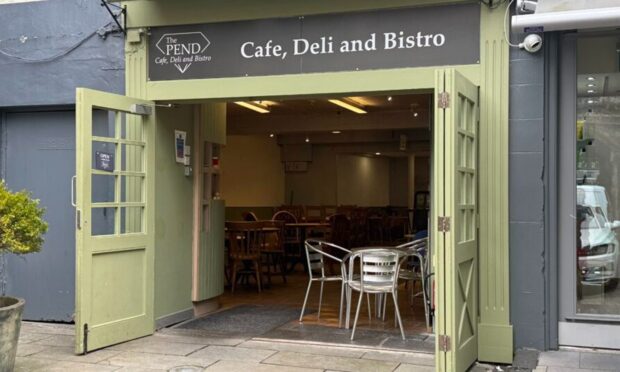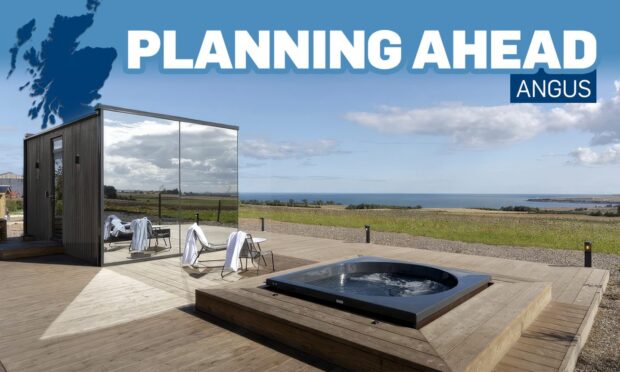A rise in corporation tax, more surcharges on online sales and an announcement on freeports are expected in next week’s budget.
Dawn MacDougall, a tax director at Dundee-headquartered chartered accountants MHA Henderson Loggie, has given her predictions about what is in store on Wednesday.
Chancellor Rishi Sunak’s budget will reveal how he will tackle the financial challenges brought about by a global pandemic, an economic crisis, the fallout of Brexit and the climate emergency.
Support could be extended
Ms MacDougall said despite Government borrowings being at their highest since the end of the Second World War, it was likely some support measures for firms would be extended.
“Businesses in sectors most affected by Covid control measures could see job support schemes being extended beyond April 30,” she said.
“There may be similar extensions for the business rates relief due to end on April 5 and the reduced VAT rate for the hospitality sector due to end on 31 March.
“However, in line with the manifesto pledge we see no further cause to increase the VAT rate.”
Change to corporation tax and online surcharge
The tax expert is expecting a 1% increase in the headline rate of corporation tax, to 20%.
She has also called on the Government to extend the corporation tax loss carry back from 12 months to 36 months.
This happened following the recession caused by the financial crash in 2008 and it “made an enormous difference to the cash flows of viable businesses”.
She also expects the rules for the UK’s digital services tax, introduced on April 1 last year, to change.
“It generally operates as a 2% tax on the turnover of groups of companies providing certain digital services,” she said.
“However, the thresholds are set such that the tax only applies to the largest digital businesses, and only a narrow set of activities are in-scope.
“Due to lockdown some outlets are reporting a boom in online sales and it has been widely reported that the Chancellor is considering introducing a more wide-ranging surcharge on online sales.
“It would be a surprise if legislation to implement an online sales tax was introduced at Budget 2021, but a consultation on the potential design of such a regime is certainly a possibility.”
Schemes to boost investment
Other possibilities in the budget are increases in capital allowances rates – particularly those that support the Government’s carbon reduction agenda such as low carbon vehicles and energy efficient technology.
The government had previously announced that the reduction in the Annual Investment Allowance, a 100% relief for qualifying expenditure on plant and machinery, from £1m to £200,000 would be delayed until January 1 2022.
To boost investment, it is possible a further deferral will be announced.
Other boosts to the economy could take the form of research and development (R&D) incentives and freeports.
“R&D incentives are another way of boosting the economy,” Ms MacDougall added.
“In the Spring 2020 budget the government announced it would consult on an expansion of the existing cost categories to include expenditure on data and cloud computing costs.
“This consultation closed in October 2020 and it is likely the chancellor will use the budget to confirm he will proceed with this proposal.”
Freeports
“Finally, I am expecting we will hear an announcement on freeports,” she added.
“Following the UK’s departure from the EU the government sees the establishment of new freeports as a means of boosting trade, jobs and Investment across the UK.
“Businesses will be able to claim reliefs from key business taxes within a freeport.
“As well as these anticipated announcements on freeports the Chancellor may seek to announce new Enterprise Zones, in areas hit hard by Covid.
“Current enterprise zones already benefit from some of the tax advantages being mooted for the freeports.”














